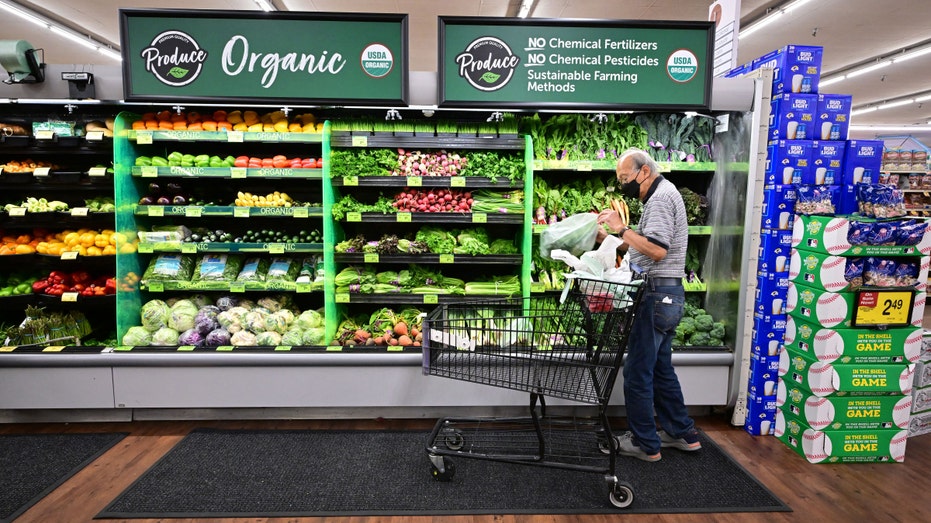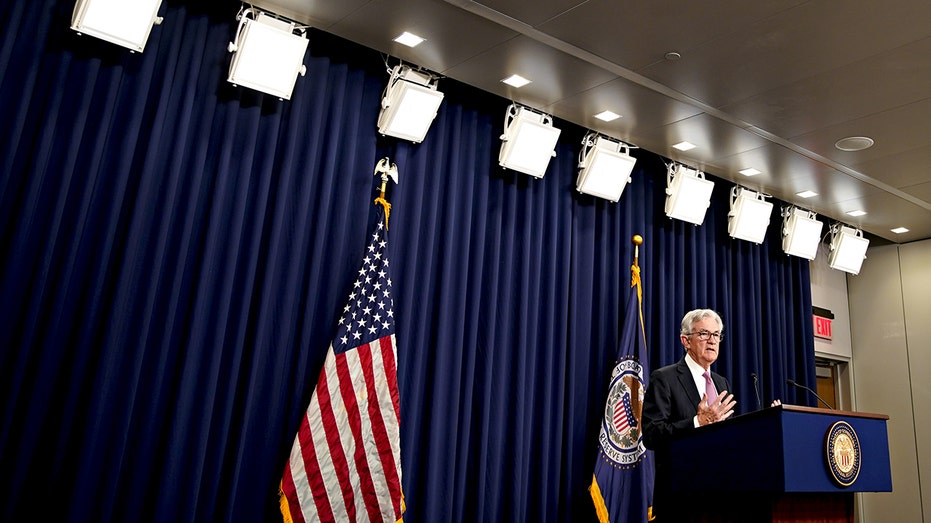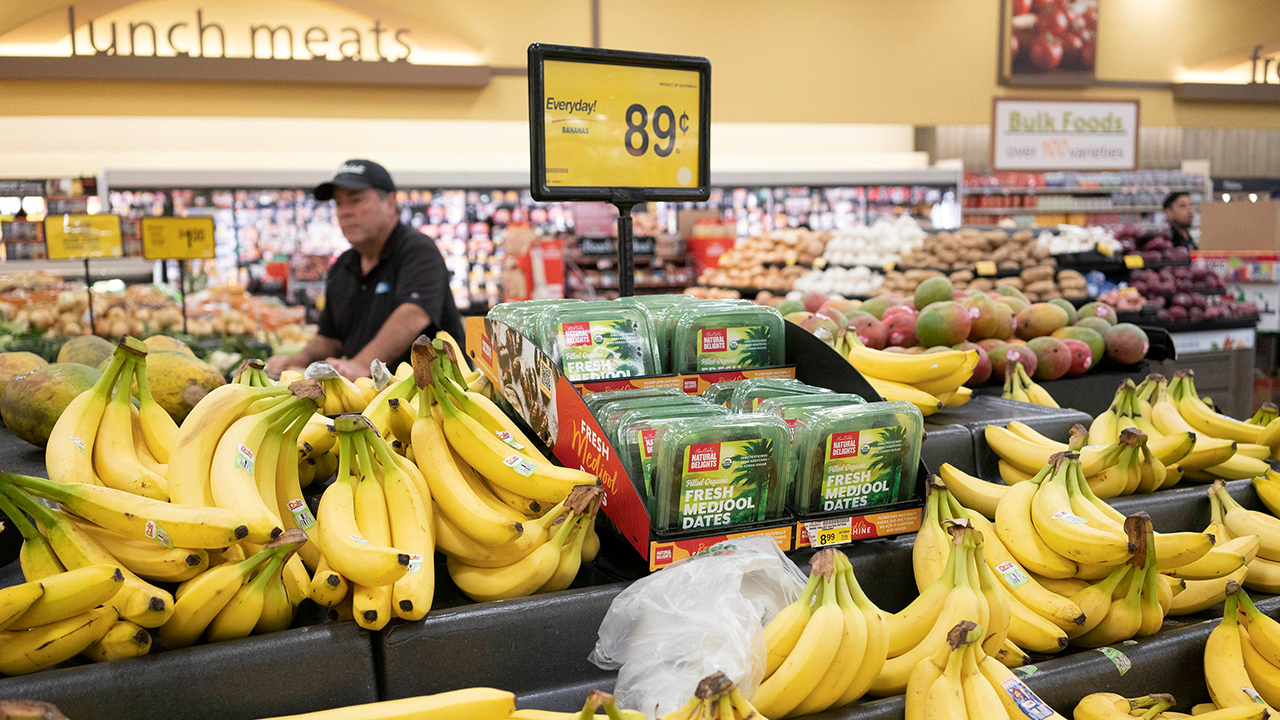Consumer sentiment rises less than expected in September
Americans' confidence in the US economy remains near record low
Fed monetary policy move gave markets confidence: Expert
Milken Institute chief economist Bill Lee and Carolinas Investment Consulting director of economics John Silvia assess Jerome Powell's inflation strategy on 'The Claman Countdown.'
U.S. consumer sentiment improved modestly in early September as gas prices continued to decline, but Americans' confidence in the economy remains near a record low.
The University of Michigan’s consumer sentiment index rose to 59.5 in September – up from the August reading of 58.2 but below economists' forecast for a reading of 60.0.
That is still more than an 18% drop from just one year ago, when the gauge was at 72.8.
"Consumer sentiment was essentially unchanged in September, just 1.3 index points above August," survey director Joanne Hs said in a statement. "The one-year economic outlook continued lifting from the extremely low readings earlier in the summer, but these gains were largely offset by modest declines in the long run outlook."
AMERICANS' INFLATION EXPECTATIONS DROPPED AGAIN IN AUGUST, NEW YORK FED SAYS

A shopper looks at organic produce at a supermarket in Montebello, California, on August 23, 2022. ((Photo by FREDERIC J. BROWN/AFP via Getty Images) / Getty Images)
Consumers expect prices to rise 4.6% over the next year, the lowest in a year but well above the pre-pandemic average. Americans believe prices will rise at an annual rate of 2.8% over the next five to 10 years, which is down slightly from August.
While Americans remain concerned about the state of the economy as painfully high inflation persists, a recent decline in the price of gasoline helped to bolster the economic mood nationwide. After hitting a record high of $5.01 per gallon in mid-June, a gallon of gas now costs about $3.69 on average, according to AAA.
Still, there are dark clouds on the horizon: Wall Street is increasingly convinced that the Federal Reserve will trigger a recession with its aggressive interest rate hike campaign.
BILLIONAIRE DAVID RUBENSTEIN WARNS INFLATION WILL BE 'DIFFICULT' FOR THE FED TO REDUCE

Jerome Powell, chairman of the U.S. Federal Reserve, speaks during a news conference following a Federal Open Market Committee (FOMC) meeting in Washington, D.C., U.S., on Wednesday, May 4, 2022. (day, May 4, 2022. Photographer: Al Drago/Bloomberg via Getty Images / Getty Images)
"Falling gas prices should boost consumer spending in the near term, but tightening financial conditions create growing risks for next year," said Jeffrey Roach, vice president and chief economist at LPL Financial.
The data comes just three days after the Labor Department reported that the consumer price index, a broad measure of the price for everyday goods including gasoline, groceries and rents, rose 0.1% in August from the previous month. Prices climbed 8.3% on an annual basis.
Those figures were both higher than the 8.1% headline figure and 0.1% monthly decline forecast by Refinitiv economists, a worrisome sign for the Fed as it seeks to cool price gains and tame consumer demand with an aggressive interest rate hike campaign.
CLICK HERE TO READ MORE ON FOX BUSINESS
Even more concerning is that so-called core prices, which strip out the more volatile measurements of food and energy, re-accelerated last month: Core prices climbed 6.3% from the previous year, above the 6.1% forecast from economists, and climbed 0.6% on a monthly basis – a bigger increase than in April, May, June and July, and a troubling sign that underlying inflationary pressures in the economy remain strong.





















